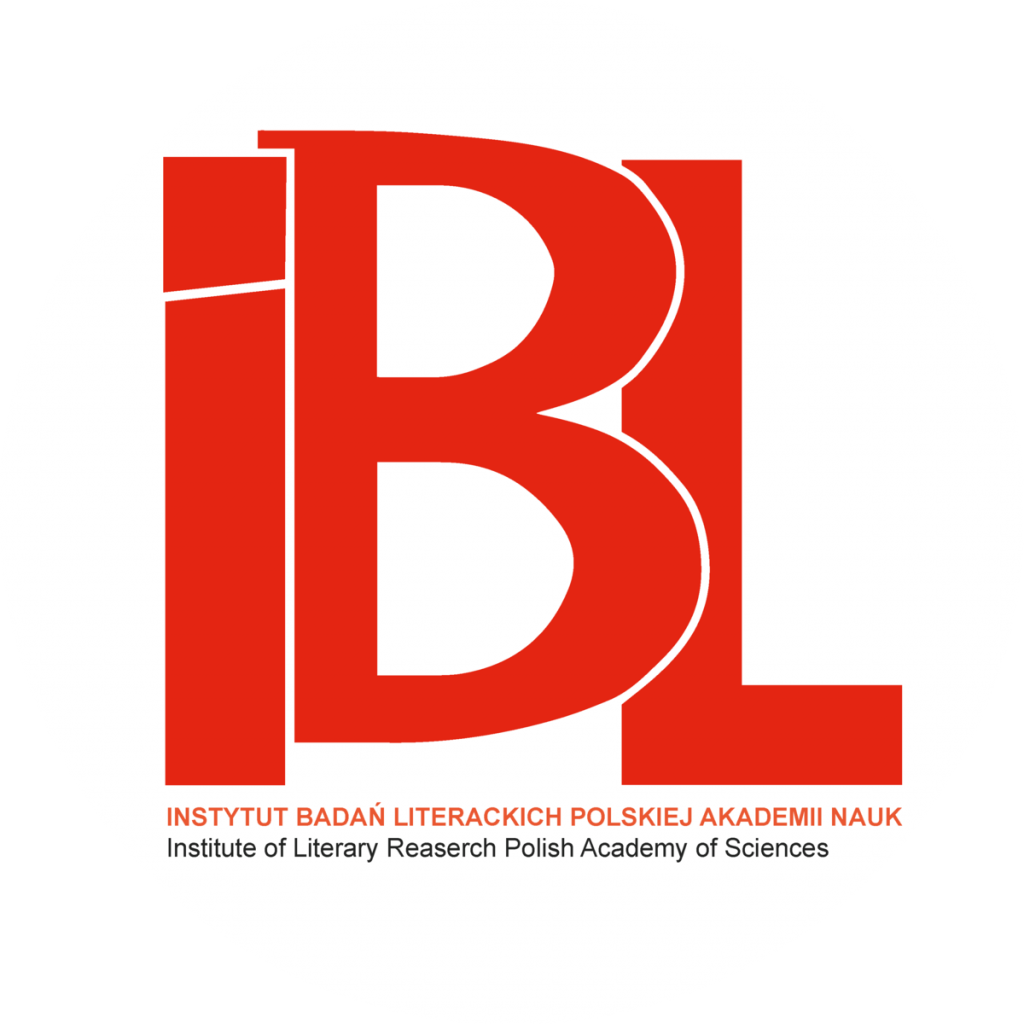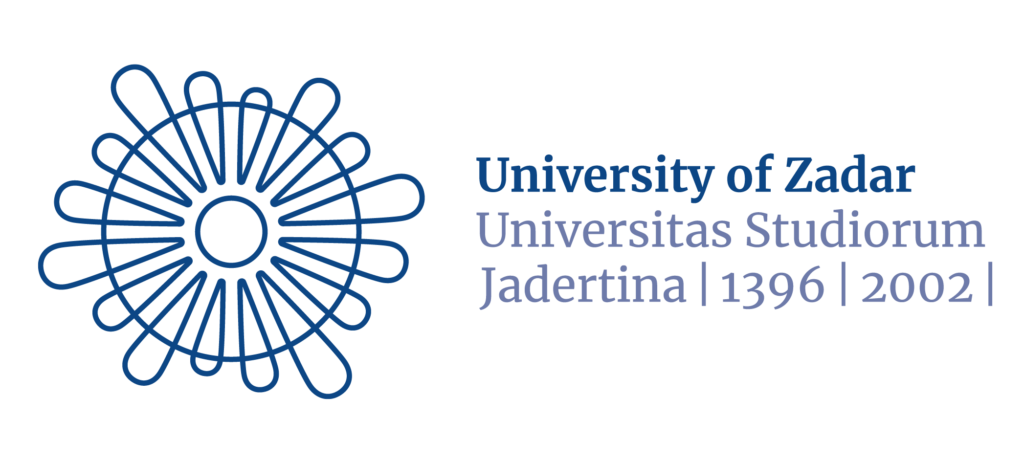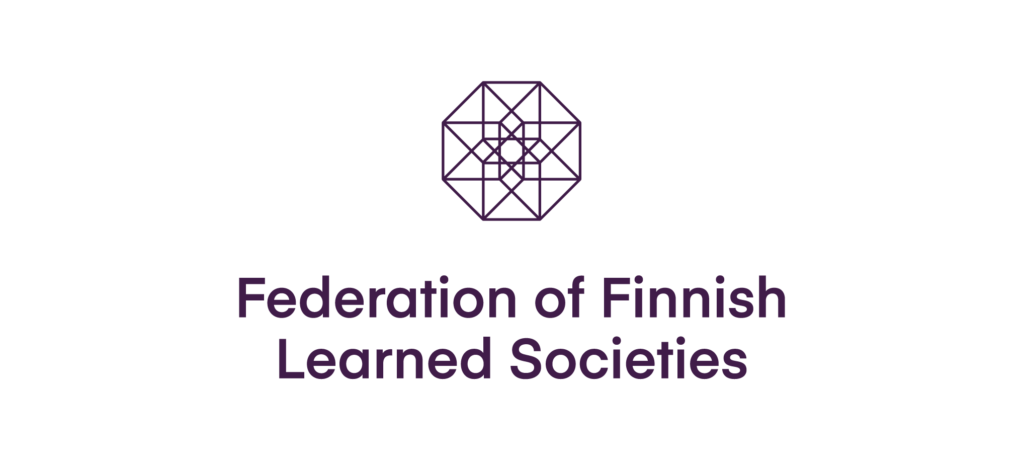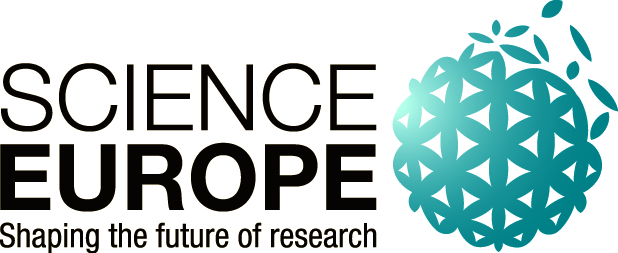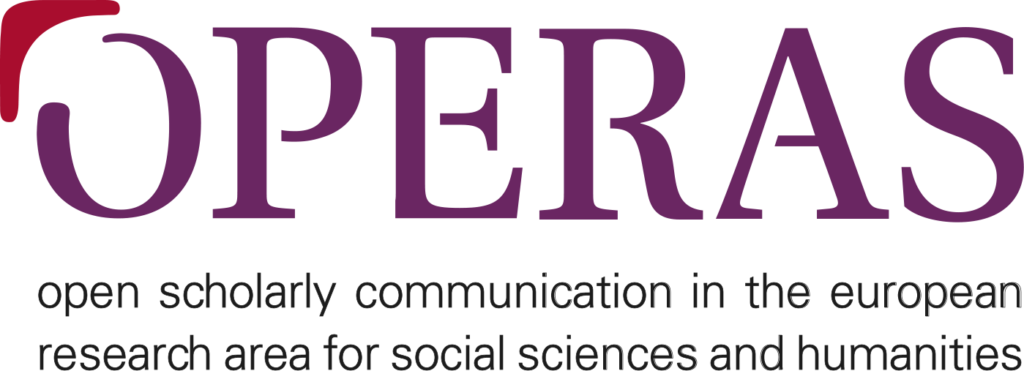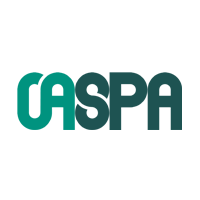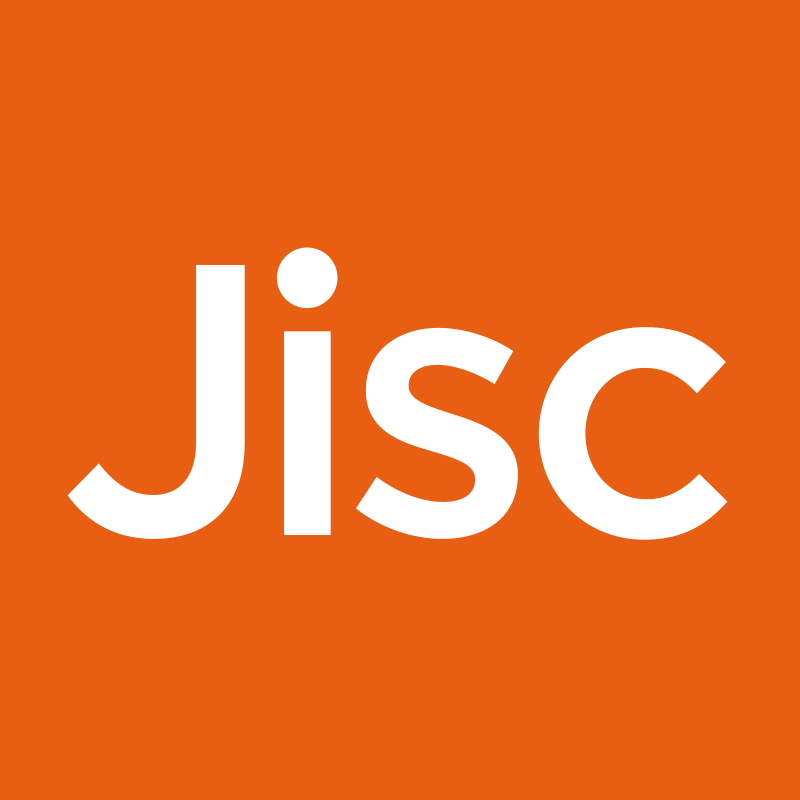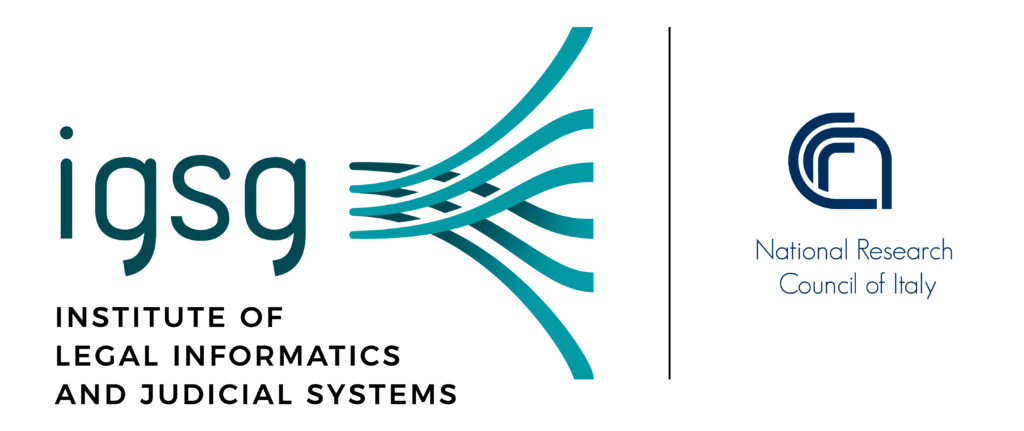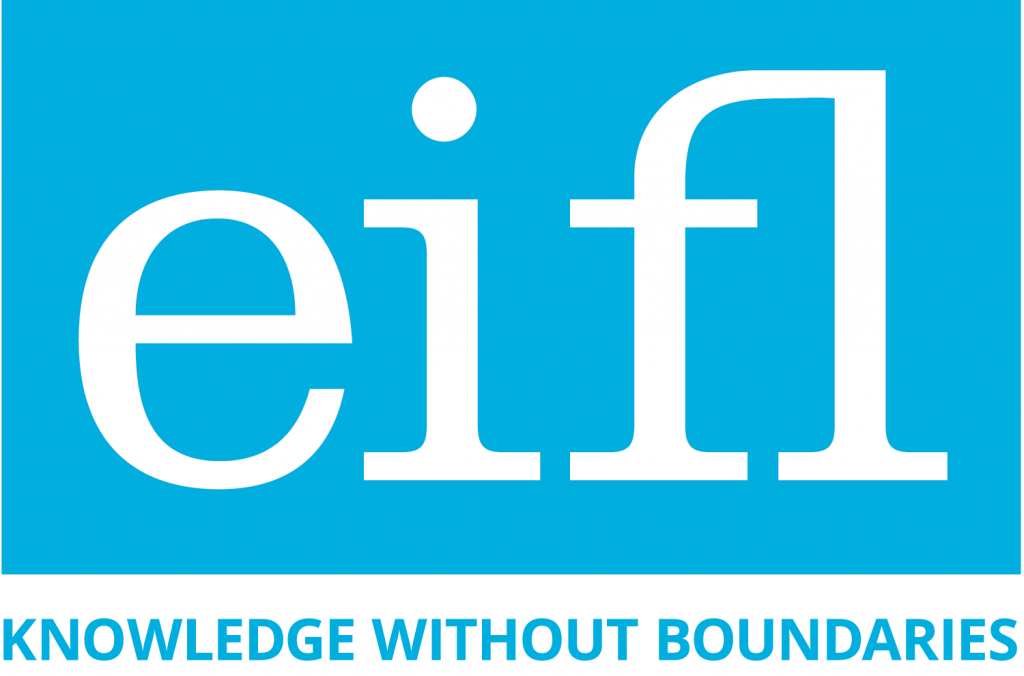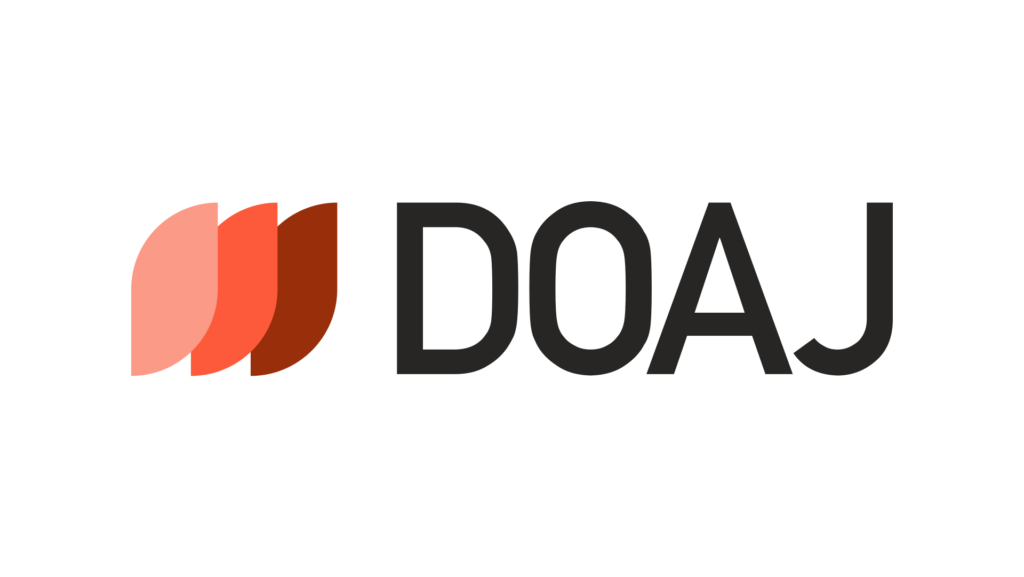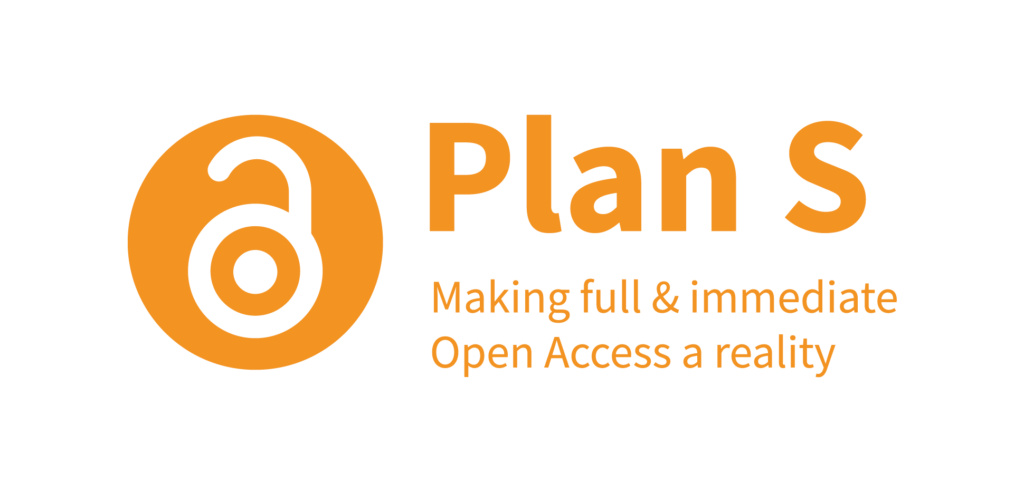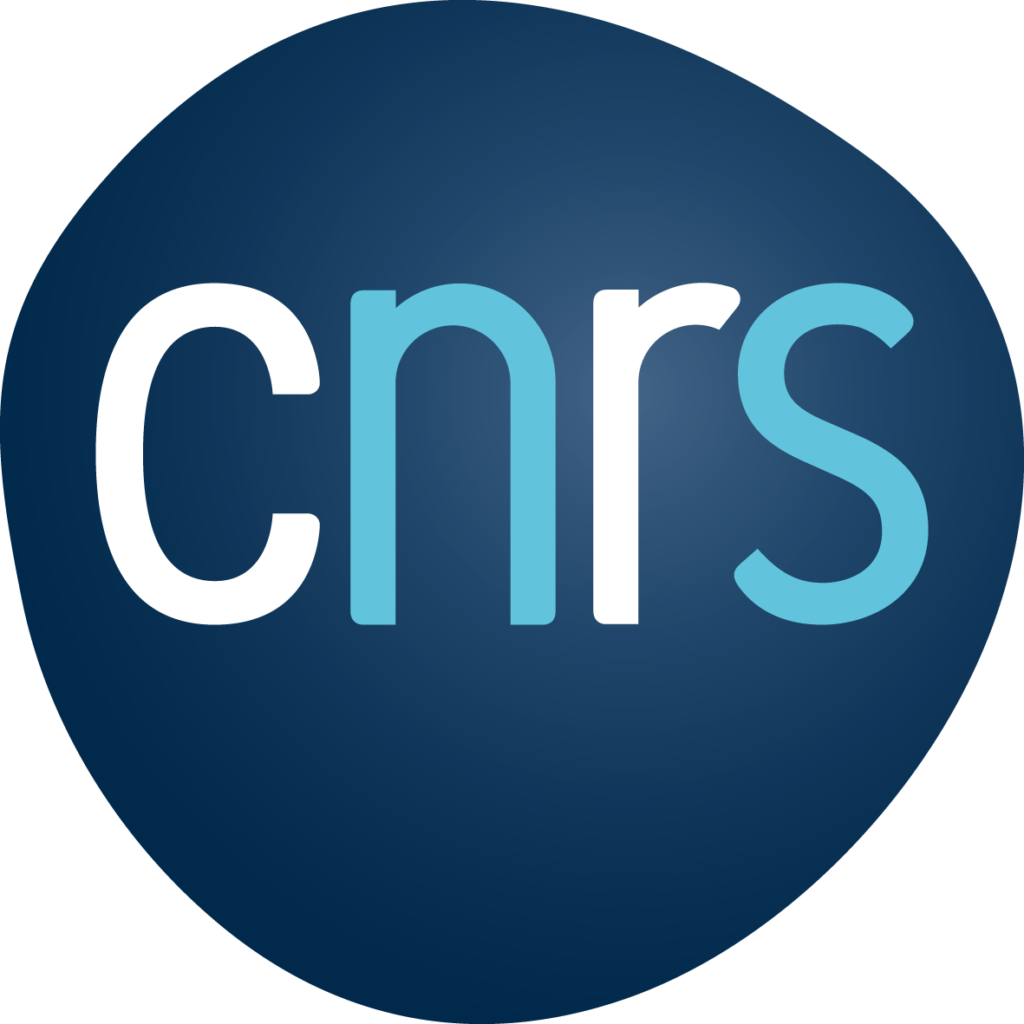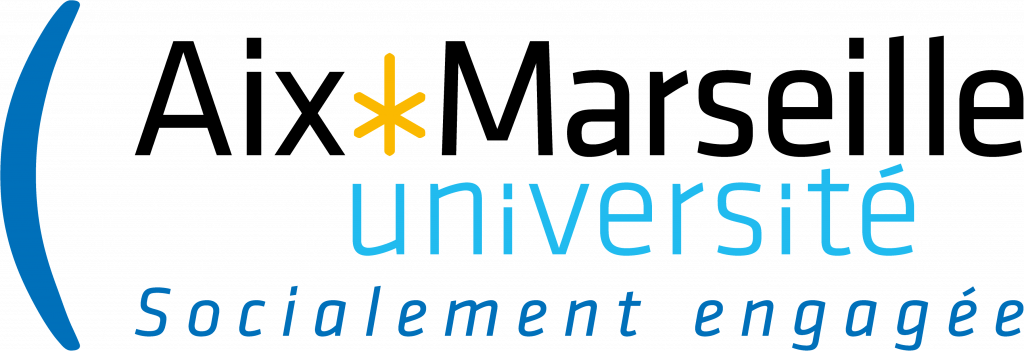Equity, diversity, inclusion and belonging (EDIB) is a conceptual framework to support the fair treatment and full participation of all people, especially in the workplace, including populations who have historically been under-represented or subject to discrimination because of their background, identity, disability, etc.
Equity
Removing systemic barriers and creating fair opportunities for all.
Diversity
Representing people from a range of backgrounds, experiences, and identities.
Inclusion
Ensuring everyone is heard, visible, and considered.
Belonging
Fostering a space where everyone feels accepted and empowered to thrive.
Why EDIB matters in scholarly publishing
In scholarly publishing, discrimination can be present in every part of the process – including in how research participants are reported, how articles are reviewed and accepted, in citation practices, the selection of peer reviewers and editorial teams, staff hiring, communications of various types (e.g. journal website, peer review feedback, calls for papers) and policies that have been developed without taking EDIB into account. Addressing EDIB can be challenging as various forms of discrimination may act together, especially as regards marginalized individuals (e.g. women of colour). Cultural differences (e.g. rights of women or LGBTQ2S+ individuals) and legal requirements (e.g. those regarding accessibility) should also be taken into consideration.
In open scholarly publishing, openness is not just about access to content. It’s about making the entire system of scholarly communication more inclusive and equitable for the benefit of society as a whole. That is why Diamond Open Access publishers and their providers should develop an EDIB strategy as a first step towards ensuring that the processes for knowledge creation, evaluation, communication and access are equitable, diverse and inclusive.
Getting Started Guide
To help publishers and journal editors who want to implement EDIB but don’t know where to begin, the DIAMAS project has prepared the Developing an Equity, Diversity, Inclusion and Belonging (EDIB): Getting Started Guide. This practically oriented resource introduces the key EDIB elements and gives building blocks to help editors and publishers develop a strategy adjusted to their needs. The guide is primarily intended for the Diamond OA community but can be useful to all those seeking to address EDIB.
Recommendations are structured into the four core pillars of an EDIB strategy.
Make EDIB part of core values
- Assess the needs of your research community and journal
- Identify priorities
- Acknowledge that addressing EDIB is an ongoing process in a statement
Set goals and monitor progress
- Establish specific, measurable targets
- Track progress
- Conduct EDIB audits (e.g. diversity in authorship, peer reviewers, and editorial boards).
Challenge bias in publishing
- Raise awareness about unconscious bias and provide training.
- Establish clear criteria for decision-making (e.g. by reviewers and editors)
- Promote inclusive language and citation diversity.
Develop meaningful EDIB policies
- Developing processes (e.g. double-anonymized peer review) and policies that set clear expectations for EDIB and outline consequences for engaging in non-inclusive or non-equitable practices
- Encourage journals to follow policies like Sex and Gender Equity in Research (SAGER) Guidelines.
- Ensure accessibility features in publishing platforms for individuals with disabilities.
Flexible steps for different publishing contexts
The Guide acknowledges that every journal and publishing organisation operate in a unique context, with its own cultural values, regulatory environment, and resources. That’s why the suggestions provided are modular and adaptable.
Not everything needs to be implemented at once and some steps might take longer than others. The key is to keep moving forward.
Resources
The DIAMAS project has created a set of resources to support the implementation of EDIB principles:
A set of articles explaining the key concepts available via the European Diamond Capacity Hub:
Guidelines:
Report:
- Bowker, L., Pölönen, J., Laakso, M., & Redhead, C. (2024). Deliverable D4.6 – Equity, Diversity, Inclusion and Belonging (EDIB) in scholarly communication – working with communities to develop resources for multilingualism, gender equity and accessible and inclusive websites (1.0). https://doi.org/10.5281/zenodo.13786107





